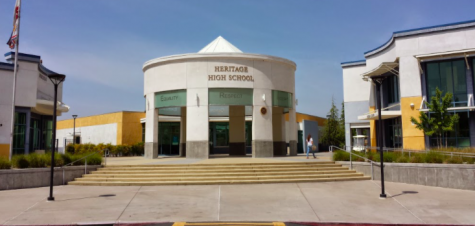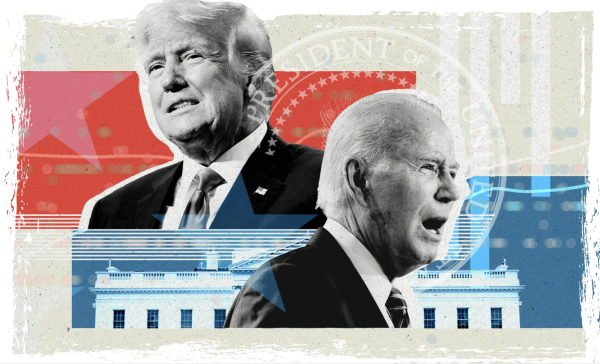Crossing the Lines of Expression

From the 1960s to the present day, UC Berkeley has been heralded for its birthplace of the Free Speech Movement which inspired numerous other colleges to pursue open discussion and rights for students to express their personal opinions.
Originating in retaliation to the Vietnam War, students protested the war and fascist leaders. Today the right of free speech, especially at Berkeley, allows for a better understanding of the surrounding world and the different perspectives individuals have.
Beginning in February with Milo Yiannopoulos, Berkeley has featured many orators deemed as problematic and controversial including Steve Bannon, Ann Coulter and Ben Shapiro. In total, protest against the speakers cost the university $1.4 million in damage at the hands of groups such as Black Bloc and Antifa prompting the city council to go to the extent of authorizing city officers to use pepper spray to control violence.
There is a heavily debated argument over the extent of free speech the speakers have. The initial reaction is to throw the judgmental criticism toward the alt-left groups. Yet, these egocentric characters are to blame.
Free speech is on the basis of peaceful expression, these speakers promote hate speech. There should always be an open forum for diverse opinion but not for the expansion of negativity. It is very unreasonable to argue that speakers are justified in their actions when they can boldly state: “If you don’t like what I saying that makes you an uncivilized barbarian” (Shapiro) or “You can all go to hell you pathetic lying stupid jackasses” (Shapiro).
One can question if these statements express ideologies for diverse peoples. Evidently, they do not. Not only does this further build up a wall of ignorance against people of opposing political beliefs but it makes the impressionable college students believe that name calling and blatant bullying is the way to express our right as Americans.
These speakers have gone to the extent of signaling individuals of a crowd simply because they do not represent an opinion they agree with. At a speech in Milwaukee, Yiannopoulos singled out Adelaide K. Kramer, an open-minded transgender who decided to attend the speech. He proceeded to prompt the crowd to ridicule her, causing her to feel as if she was in danger.
Not only is this kind of behavior immoral, it is illegal. In Chaplinsky vs New Hampshire (1942), the court articulated the fighting words doctrine that restricted insults intended to provoke an “immediate breach of the peace”. This is exactly what Yiannopoulos, Shapiro, Bannon and Coulter do whenever they speak. Such forms of expression (obscenity, aggressive wording, etc) that do not convey personal beliefs are not subject to the First Amendment Protection. Berkeley rightfully has the right to shut down these speeches because they do not promote an active atmosphere for the exchange of ideas in a peaceful manner.









